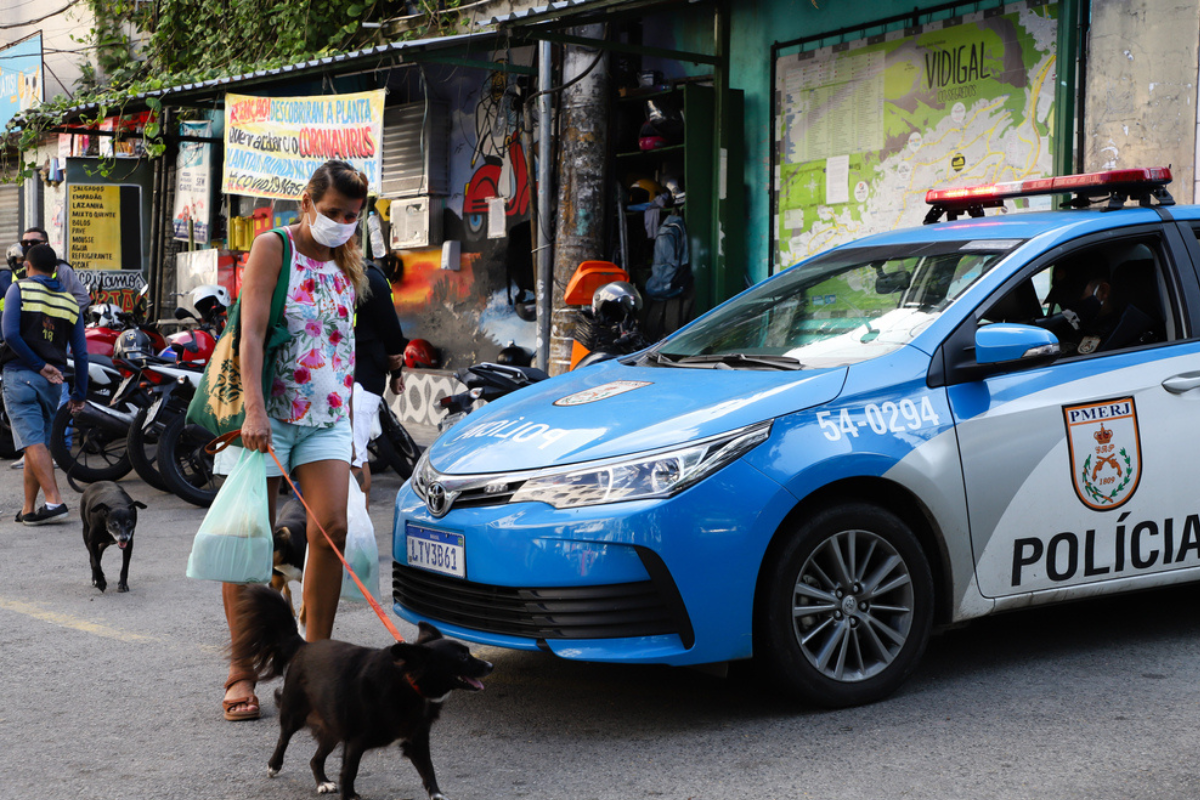Armed police raids in favelas — the most conspicuous aspect of Brazil’s war on drugs — exact a heavy human toll. This is particularly true in Rio de Janeiro, where police killed 1,330 people last year, one fifth of the total number of police killings in the country. In the first two weeks of August, at least three minors died during police actions in Rio favelas, including a five-year-old hit by a stray bullet while playing inside her own home.
“Rio stands apart from other cities in the country. It’s a city where police operations occur almost daily. The police behave in an extremely repressive and aggressive manner in favela territories, which are areas already marginalized and made vulnerable by the state’s actions, and where public services are lacking,” explains Mariana Siracusa, researcher at the Center for Security and Citizenship Studies (Cesec).
Young lives cut short are a tragic and visible aspect of a war-like security policy that overwhelmingly affects Brazil’s poor and black population. Through a project called Drugs: What’s the Cost of Prohibition? Cesec quantifies other impacts of the war on drugs, such as the cost to public coffers and repercussions on education.
Health in the Firing Line, a new Cesec report, outlines how health and access to healthcare services in favelas suffer as a result of violent policing policy — the state impacts the health of favela residents while simultaneously depriving residents of the right to healthcare it is supposed to guarantee.


 Search
Search






































